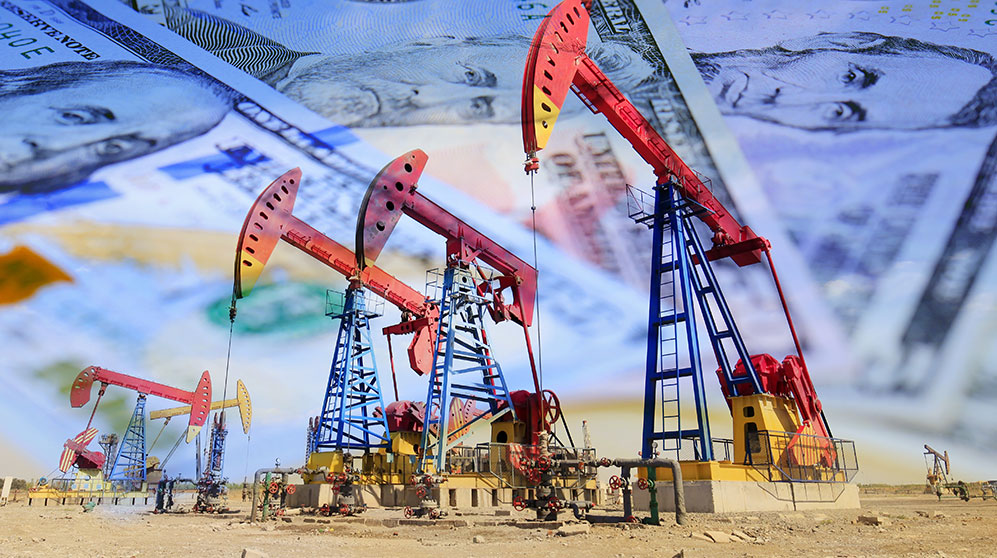OPEC+ Retakes the Wheel
• 2 min read

Get the latest in Research & Insights
Sign up to receive a weekly email summary of new articles posted to AMG Research & Insights.

Oil prices had been on a steady retreat from their highs in 2022 with West Texas Intermediate falling below $70 a barrel about a month ago, a good sign in America’s war on inflation. But the dip prompted OPEC+ countries to shock the market with a surprise production cut in March (following another cut in October), which sent prices back over $80 where they remain today.
So, was this recent cut some kind of sinister move by the cartel to drive inflation higher and plunge the world into a recession? No, but investors should be aware that the recent production cut suggests OPEC+, led by Saudi Arabia, is willing to take swift action and wants to remain in control of oil prices.
To begin to understand the cartel’s decision and the recent moves in oil, investors need to look at why oil prices were falling and the volatility associated with it. First, a crisis in the banking sector emerged, as several institutions collapsed last month. Fear spread about the health of the banking sector, sending oil prices lower. Second, the observed drop in oil prices may have been indicative of significant margin calls and forced liquidations in many hedge funds. These forced liquidations coupled with hedging activity accelerated the downward movement. Next, concerns of an economic slowdown in America and Europe and further uncertainties around global growth have continued to weigh on oil prices. Finally, there was a surplus in energy supplies during the first quarter.
OPEC+ was set up to have little spare capacity and with that in mind, the October cut and the current cut begin to make more sense. OPEC+ production is on a declining trajectory and the recent production cuts may be the start of an attempt to reconcile nearly two years of missed production quotas and muted drilling activity by keeping prices elevated. With production waning and oil prices falling, oil revenues were also declining, which prompted the cartel to keep the price of oil at an attractive level for member countries.
All in all, the production cuts put the cartel back in the driver’s seat when it comes to global energy policies.
HOW AMG CAN HELP
Not a client? Find out more about AMG’s Personal Financial Management (PFM) or to book a free consultation call 303-486-1475 or email us the best day and time to reach you.
This information is for general information use only. It is not tailored to any specific situation, is not intended to be investment, tax, financial, legal, or other advice and should not be relied on as such. AMG’s opinions are subject to change without notice, and this report may not be updated to reflect changes in opinion. Forecasts, estimates, and certain other information contained herein are based on proprietary research and should not be considered investment advice or a recommendation to buy, sell or hold any particular security, strategy, or investment product.
Get the latest in Research & Insights
Sign up to receive a weekly email summary of new articles posted to AMG Research & Insights.


